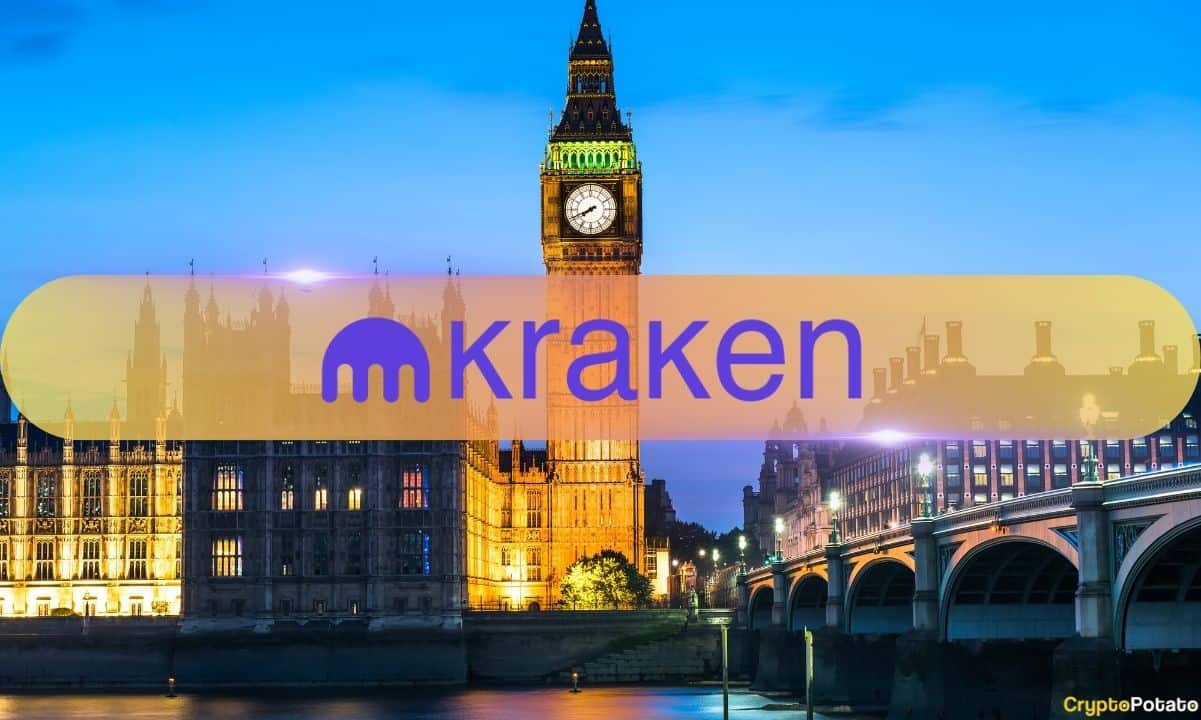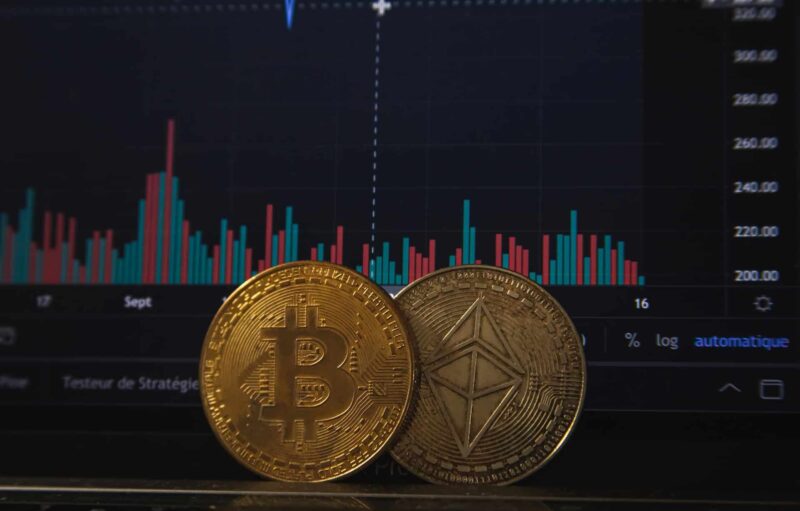

Kraken has reportedly implemented a requirement for its users in the United Kingdom to verify their self-custodial wallets.
According to a few recent posts, Kraken has commenced the implementation of this verification process, citing “regulations in the UK.”
Verification Measures
A snippet of the email shared by Van Straten outlined the necessity of maintaining current information about clients and their account activities concerning self-custody wallets. The cited email emphasized that self-custodial wallets are subject to scrutiny under UK regulations.
While specifics regarding the regulations prompting this action remain undisclosed, Kraken Support, responding to inquiries, later confirmed the initiation of requests to its UK-based users for wallet verification.
The communication from Kraken included a request for users to confirm ownership or control over the self-custodial wallets used for sending and receiving cryptocurrencies.
Users were also instructed to provide detailed information if they were not the owners or controllers of the specified wallets, including identifying the responsible party and their residential address.
Failure to respond to the verification request by February 23, 2024, would result in Kraken imposing restrictions on the concerned accounts until the requested information is provided, as outlined in the email.
Exchanges Ramp Up Verification Demands
Kraken’s recent action aligns with a broader trend observed among cryptocurrency exchanges, where they increasingly require users to associate external crypto addresses with which they interact. For instance, Bitstamp adopted a similar strategy in early 2021, citing updated regulations from the Dutch government.
Meanwhile, self-custodial wallets, which allow users to manage their private keys, give control of the wallet to whoever holds the private keys. As such, control is not linked to anyone’s identity, and there is no one to prove your identity to. This makes the process of verifying self-custodial wallets challenging and has led to debates on how regulators approach the issue.
Regulators view the ambiguity surrounding self-custodial wallets as concerning. The gradual expansion of know-your-customer (KYC) regulations to cover entities involved with digital assets now includes self-custodial wallets. This has resulted in a shift that has seen regulated exchanges conducting due diligence on self-custodial wallets they engage with.
Binance Free $100 (Exclusive): Use this link to register and receive $100 free and 10% off fees on Binance Futures first month (terms).
The post appeared first on CryptoPotato






